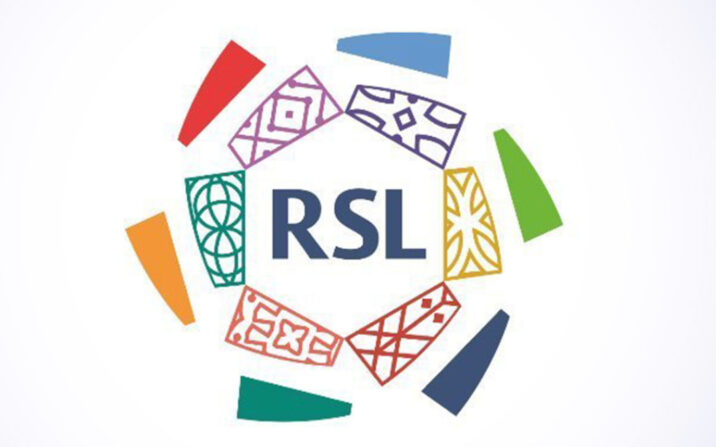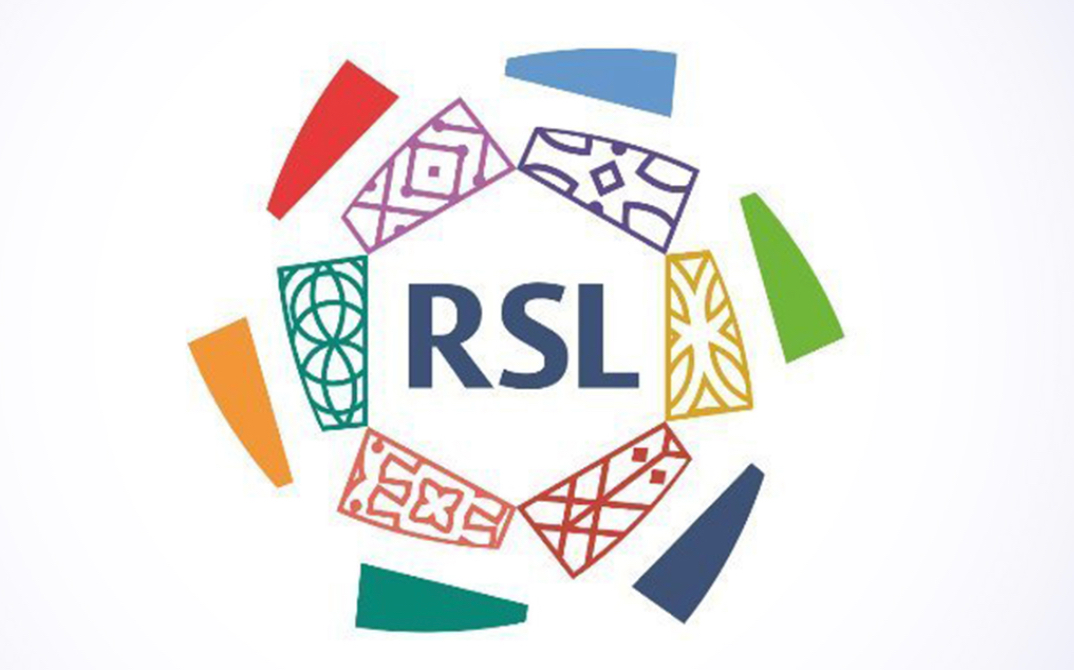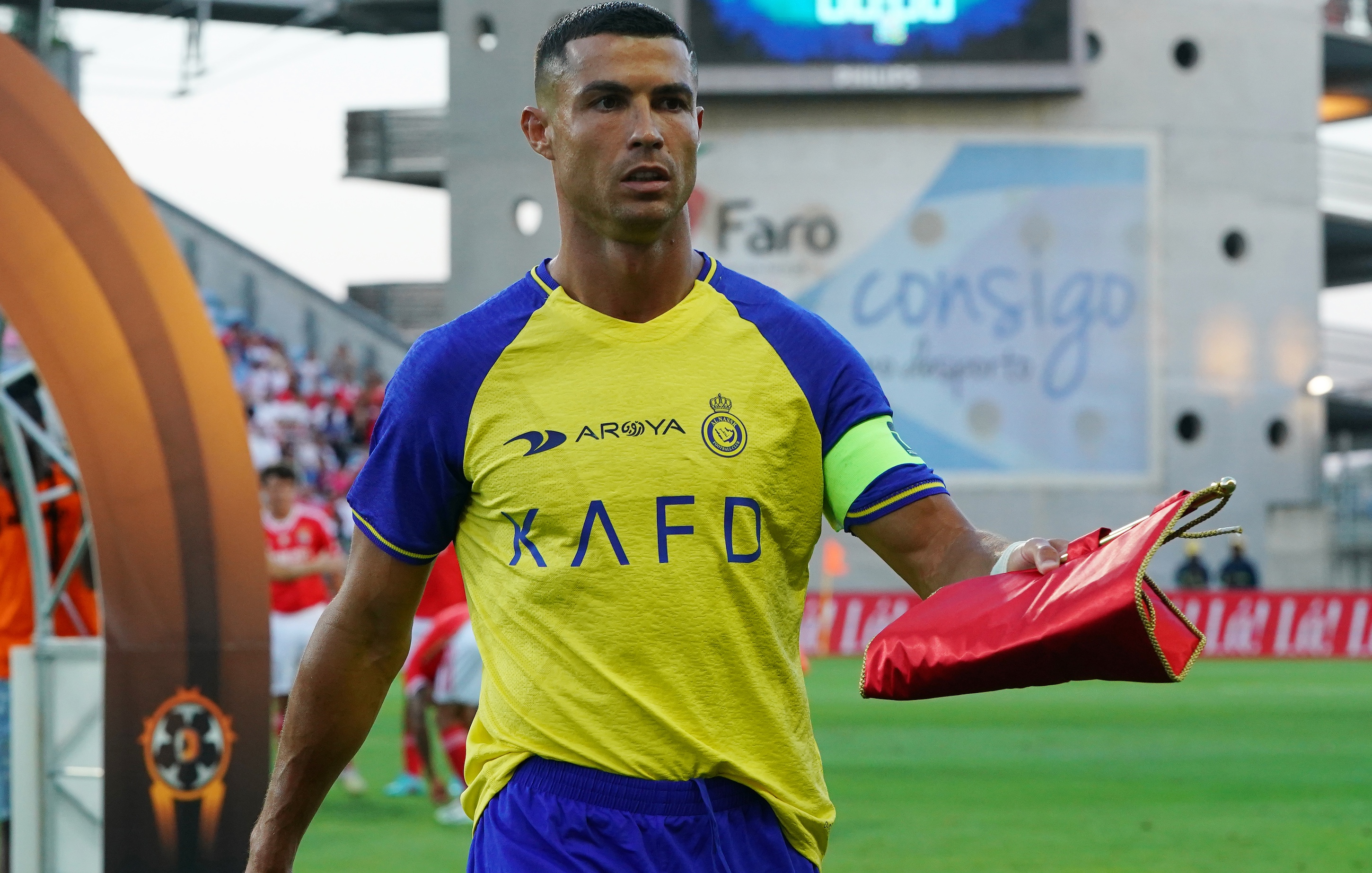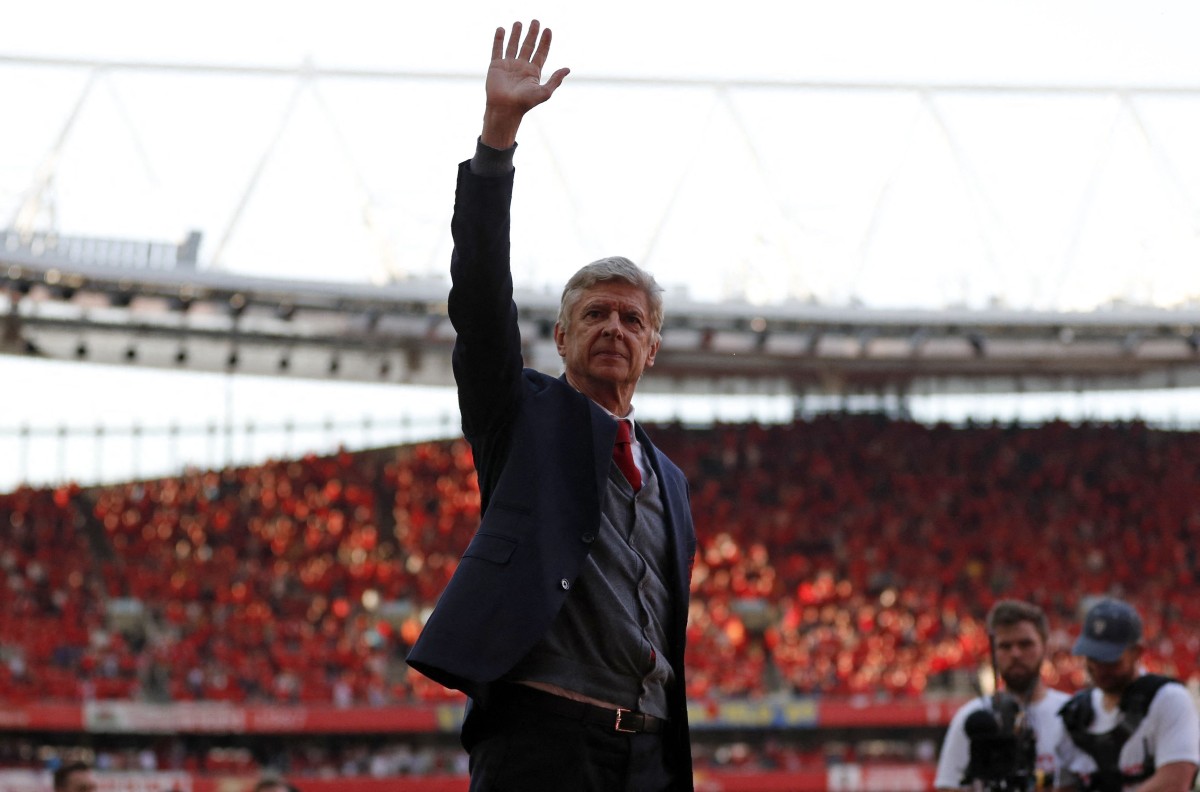
It all began with Cristiano Ronaldo telling the world that the Saudi Pro League was going to change the face of football, but scarcely can anyone have believed his prophecy would be coming true just a few months after the Portuguese had signed for Al Nassr.
The ‘gold rush’ scenario had been seen before with the Chinese Super League, though this appears different, and, according to super agent, Jon Smith, it is.
“You can see that the states that are in the Middle East are beginning to use sports as the influence by buying into and, to a degree, dominating some of those sports, for example like what’s happened with LIV and the PGA,” he said in his exclusive CaughtOffside column.
“Sport becomes very much an influencing factor because it dominates the thought process of the masses. The biggest one is football, boxing interest is at the top of the sport and I don’t just mean the heavyweights – because there are some very worthy challenges going on in the sport across all the weights, but broadcast and social media are sizeably title led.”
Where once, European sport and sport in the United States was, in effect, all conquering in terms of influence and the ability to attract talent, that dynamic has now switched to the Middle East.
It’s only going to become more obvious as time goes by, with other countries ‘buddying up’ in order to gain traction and influence in political circles.

“If you look at the political gatherings at the moment, the Middle East states are buddying up with China, who are also sizeably wealthy and influential and will become even more politically influential in the Pacific basin, and around the world,” Smith continued.
“They’re politically very active in the Caribbean and various other places, and all over Africa, and it’s the political seniors that are making the decisions to buddy up over sport.
“They can go and create a whole new footballing world but that’s going to take time. The one huge caveat to all of this is the supporters, because if you grow up supporting Lille or Bayern Munich, or Newcastle United, you’re going to take some convincing that clubs in China, Saudi Arabia, Qatar, and this new Super League is actually what you want. It may be what you want to watch because of the talent, but your heart is still with what is ingrained in you.
“That’s probably going to be the status quo in some shape or form for the next two generations; political influence is now being bought through sporting excellence. Is it dangerous? No, it’s revolutionary. I mean, I’m not madly keen on some of the less democratic states owning the game that I love, but if it’s a partnership between the love and experience that us folk have nurtured in football, and the money to make this game even better than it is both technically and in its presentational format, then I don’t have a major problem with it.”
For the Middle Eastern superpowers to succeed in their mission to effectively change the face of football, it will need the support of the fans, and Smith has an interesting take on what could become the norm in years to come.
“Will the new Saudi league become sensationally wonderful and will everyone follow it and drop everything else? No, because football predominantly has a tribal following at its core, at its heartbeat,” he added.
“Unless the conditions and the tribalism begins to grow – in other words, you support Nottingham Forest and Al Hilal – there’ll be no global traction. You and I can collectively laugh at that, but in 20 years time that may be the case.
“At the moment I can’t see it, but I think the Saudi league will have its place because it can pay a lot of money to be at that head table. There are certainly players who are having their heads turned. ”
For anyone who baulks at the march of ‘progress,’ it’s worth pondering on the fact that tradition has long since gone out of football. Things are always evolving, and it’s more of a question of just how far it will go before supporters say enough is enough – a bit like they did with the European Super League.
“I think the reality of it – not just in football, but in life itself – is the dominance of Europe and America in all its forms has had its best days for the foreseeable future. And that the influence both politically and in sporting circles is going to come out of the Middle East and Asia,” Smith concluded.
“I just hope that they respect what they’re buying into and take the values that have been created over 100 odd years and evolve them into something new, shiny and wonderful that people understand and love rather than it being used as political tools of influence”
The post Exclusive: Middle Eastern influence means football has a very delicate balancing act to adhere to in the future appeared first on CaughtOffside.



